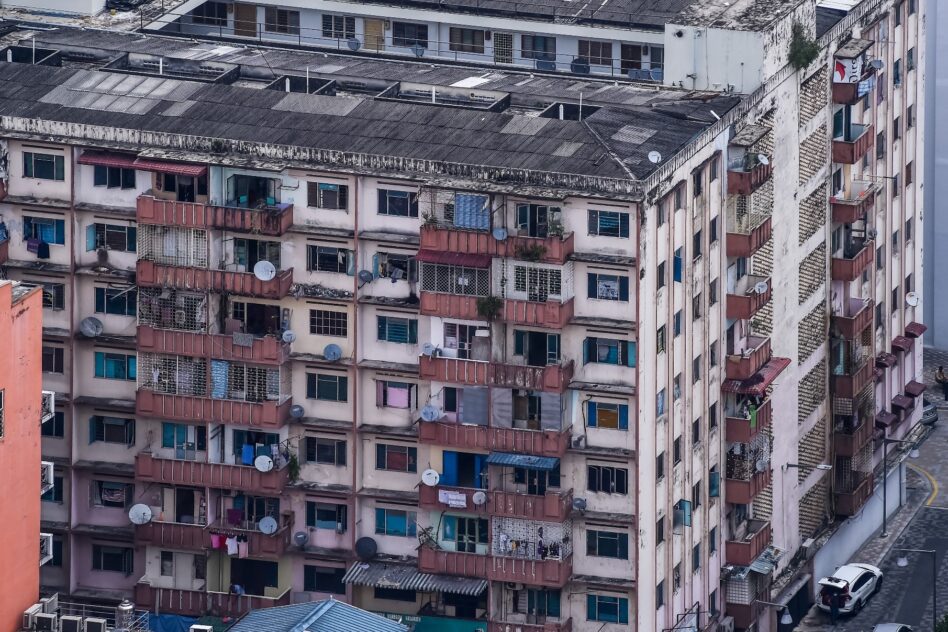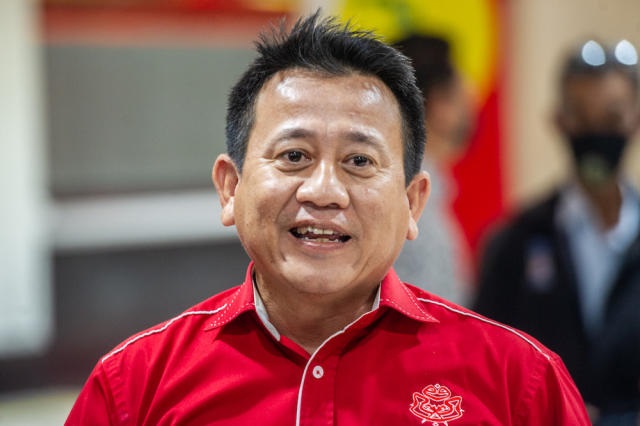KUALA LUMPUR: As property and real estate agents in most Asean countries are adjusting to the ‘new norm’ due to the Covid-19 outbreak, they are being urged to diversify their portfolios and look for prospective clients who are benefitting from the pandemic.
Asean Real Estate Network Alliance (Arena) secretary-general K Soma Sundram said immediate planning should be done by leveraging the use of technology and digitalisation to make themselves known in the digital world.
“It is important that they start bringing in more value to clients through enhanced digital training and marketing.
“Associations can also work with partners who are able to support including in financial terms,” he said in a collective summary at Arena’s first virtual forum, which he moderated.
The forum titled “Our lesson learned” was organised by the Malaysian Institute of Estate Agents (MIEA) and was joined by Arena’s council of presidents including MIEA president Lim Boon Ping.
The other panellists were Institute of Estate Agent (IEA) president Herman Yeo, Cambodian Valuers And Estate Agents Association (CVEA) president Chrek Soknim, Philippine Association of Real Estate Boards Inc (PAREB) president Dr Samuel Lao, Thai Appraisal Foundation and the Agency for Real Estate Affairs (TAEAF) president Dr Sopon Pornchokcha and Asosiasi Real Estate Broker Indonesia (AREBI) vice president Jaya Cahyadi.
Soma said expanding networking and exchanging ideas on an online platform are also needed among Asean countries to share and help one another in terms of best practices in the field so that agents are able to project a good impression and ideas to buyers without having to meet their clients even after the pandemic is over.
“There will be more motivated sellers after this (Covid-19 and Movement Control Order), as investors will be looking at properties that are way below market value, maybe by 10%-20%, and will buy if the price is justified.
“So this is the time for agents to interact more with their clients, expand contacts and focus on the things such as acquiring new skills and knowledge, to be better prepared,” Soma said.
Meanwhile, commenting on the latest International Monetary Fund (IMF) forecast that Malaysia’s real gross domestic product (GDP) would grow 9% next year, Lim said this will most likely be supported by the right industry that comes at the right time.
“For example, we think industries related to face masks, gloves, soaps, sanitisers and other essential needs would benefit from this.
“However, having organisations and research houses to look at the fiscal bowl may not be very wise, as they tend to make adjustments to their projection from time to time,” said Lim.
The Asean-5 countries are expected to see a combined GDP growth of 7.8%.
Besides Malaysia, Asean-5 comprises Indonesia, Thailand, the Philippines and Vietnam, which are seen to expand by 8.2%, 6.1%, 7.6% and 7%, respectively.
For 2020, the Washington-based organisation forecast Malaysia’s economy to contract 1.7%, as the Asean-5 GDP shrinks 0.6%.
The IMF’s latest 2021 projection for Malaysia is higher than Fitch Ratings’ growth forecast of 5.8%. – April 16, 2020, Bernama









